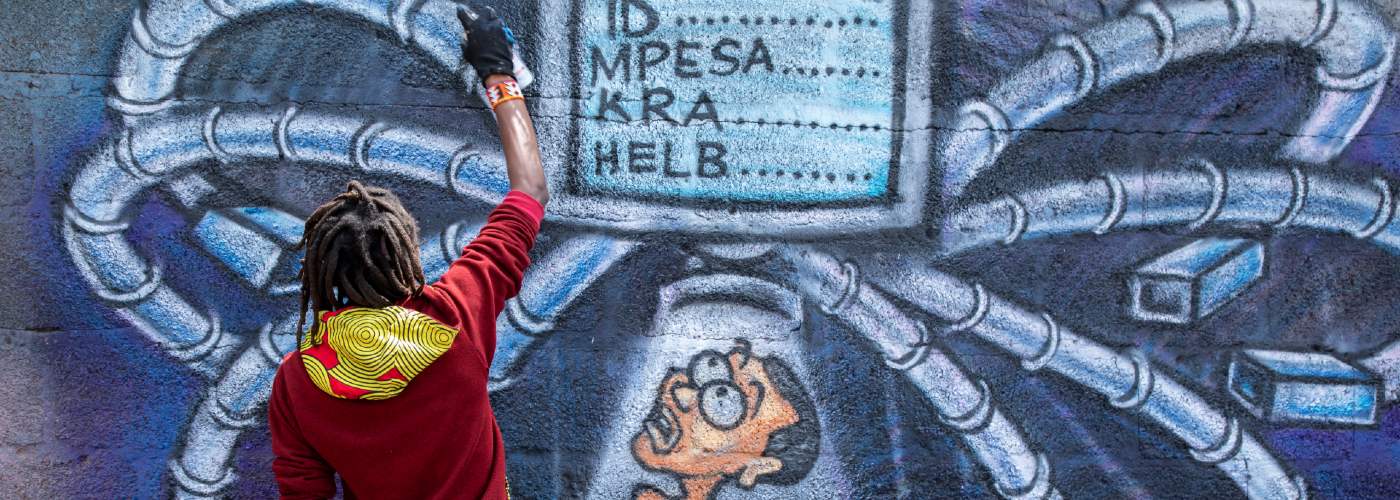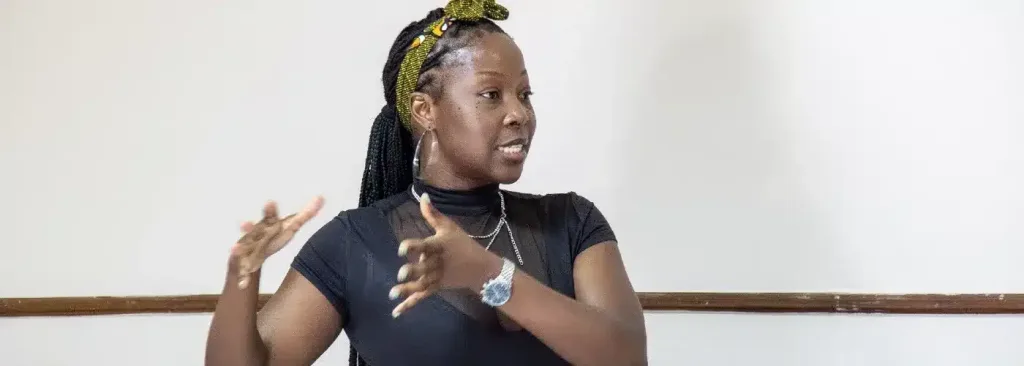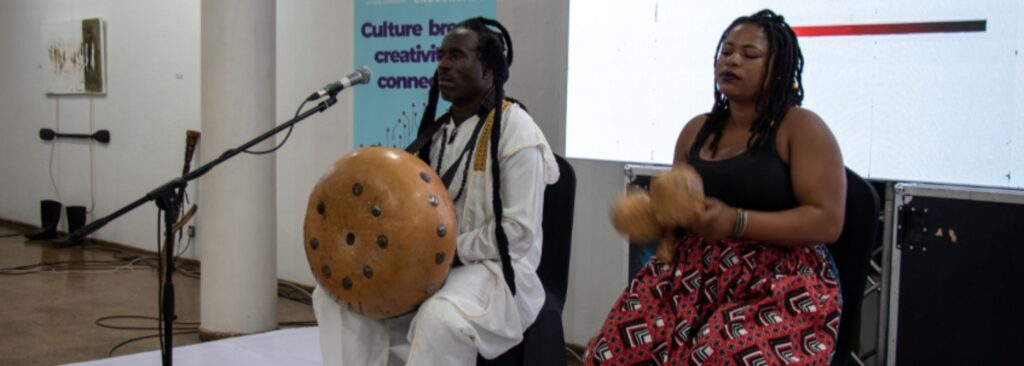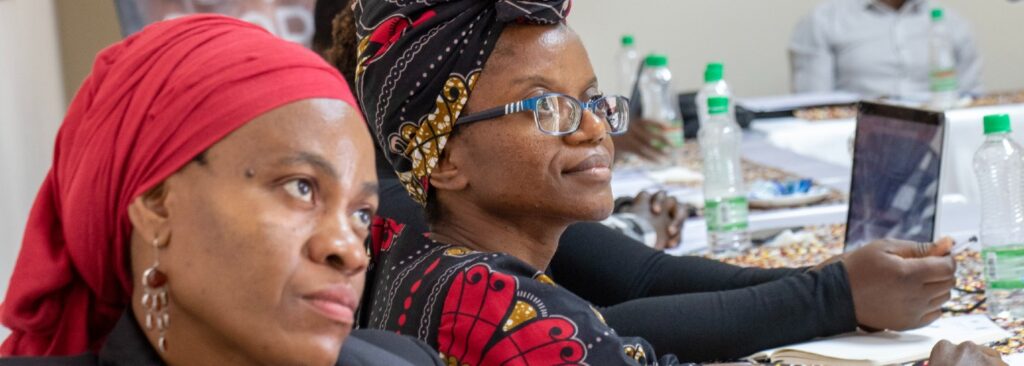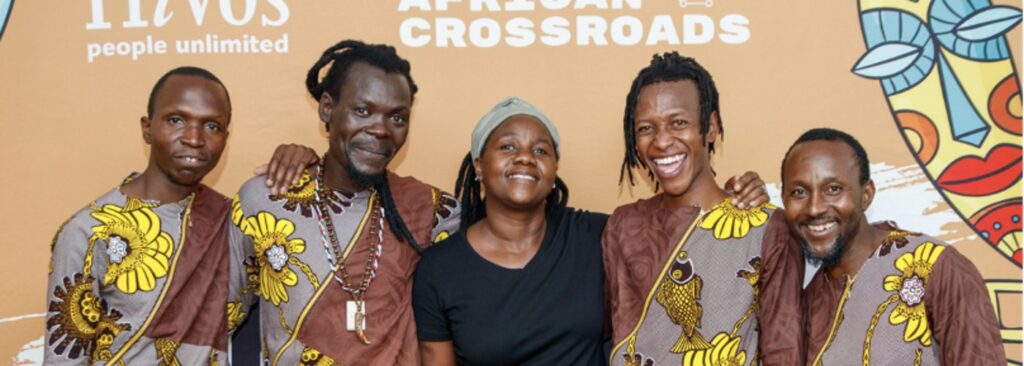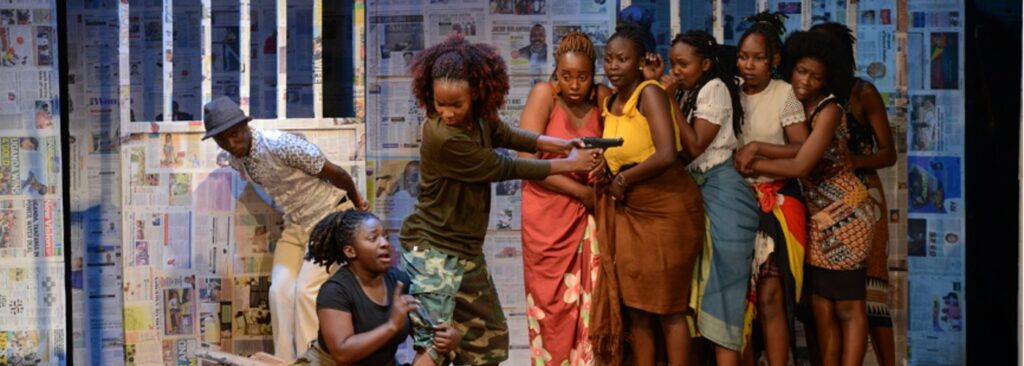We support artists, culture and media producers, and creative hubs in many countries around the world to freely express themselves. Our R.O.O.M. program specifically aims at diversifying dialogue and debate in society through the power of art to bring about structural social change.
Why is art so important?
Art and media have the power to question dominant structures in society, propose alternatives and bring about change. In fact, freedom of expression is the main measure of openness in a society. But globally, the space for free expression is shrinking, which reduces the diversity and independence of makers, media, content, channels and audiences. So R.O.O.M supports the creative work of a new generation of artists and critical content producers around the world who strive for openness and social change, while leading the resistance to shrinking civic space.
How we support art and media practitioners
R.O.O.M. provides funding for audiovisual art and media projects that challenge social issues such as LGBTI rights, police corruption, neoliberalism and outmoded gender norms, amongst others. The program organizes training events and creates resources for makers to help them become more independent, critical and sustainable, for example accelerator toolkits for creative hubs.
Together with the BOOST program, R.O.O.M. co-organizes African Crossroads, a network of future-oriented thinkers and doers who meet to exchange knowledge and critically reflect on current developments on the African continent. And the research fellowship Digital Earth – for artists who investigate our current technological reality – makes up R.O.O.M.’s Experimentation and Learning component.
Where
Middle East and North Africa, Eastern Africa, Southern Africa

